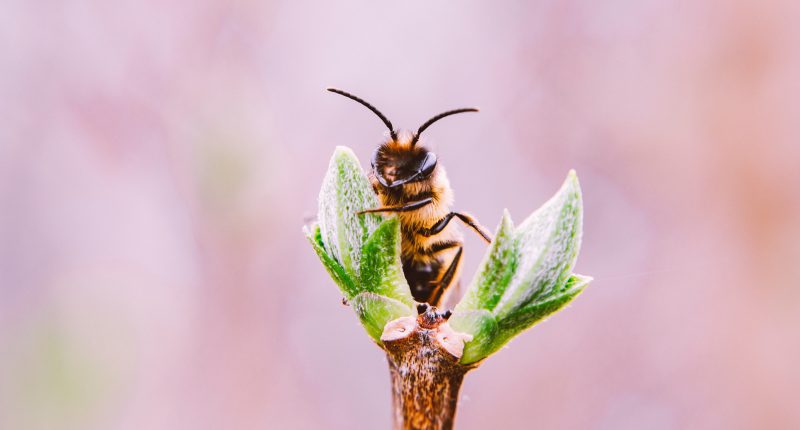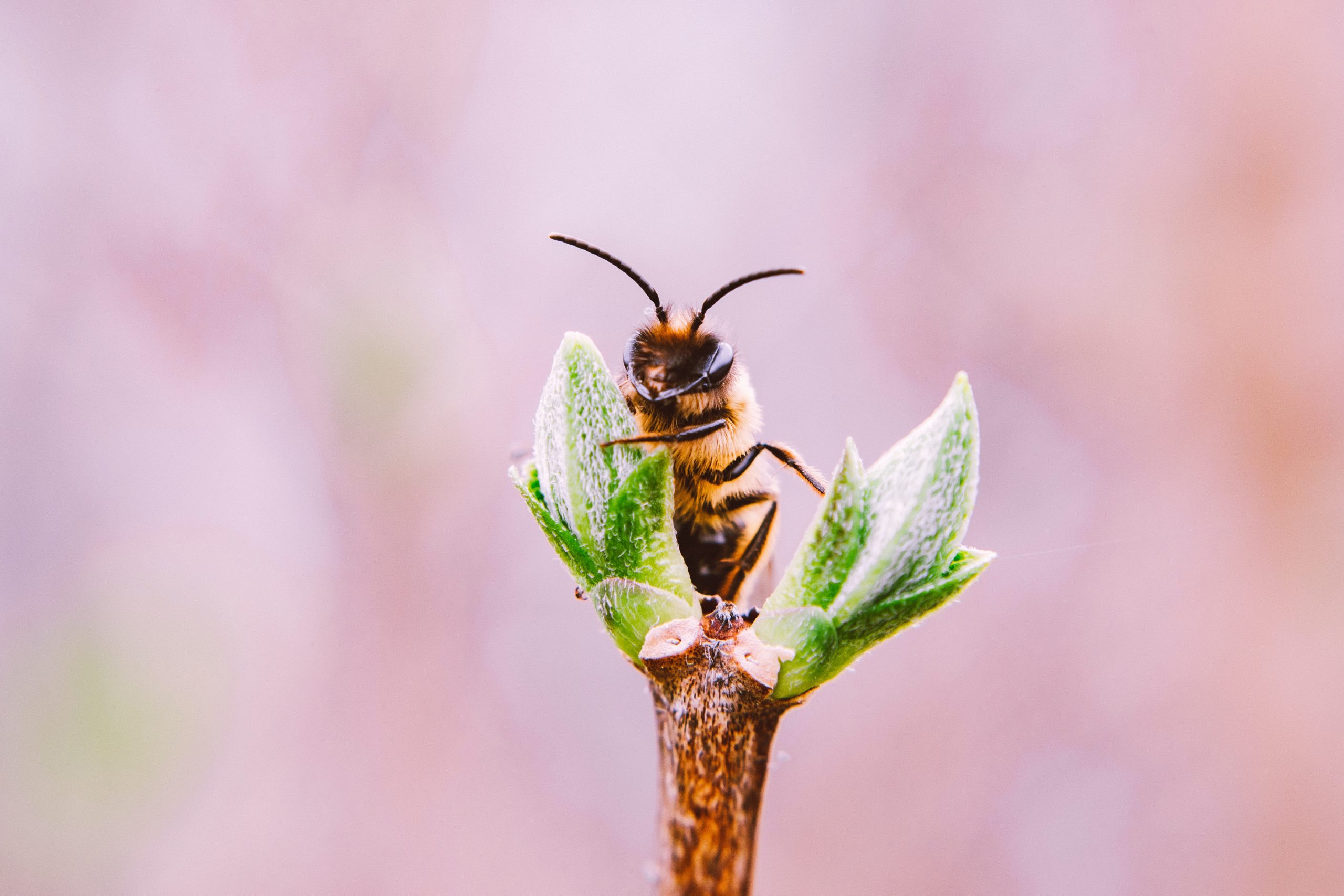- Bee Vectoring Technologies (BEE) expands in Canada with submission for regulatory approval
- Also known as CR-7, the submitted dossier includes trial data that has been completed
- This application is part of a 2022 initiative to significantly increase BVT’s geographic footprint and open new revenue streams
- For the past two years leading up to the submission, BVT worked with the Health Canada Pest Management Regulatory Agency in pre-submission consultations
- Bee Vectoring Technologies International (BEE) is up 4.35 per cent, trading at C$0.12 at 11:11 am EST
Bee Vectoring Technologies’ (BEE) proprietary Clonostachys rosea CR-7 biological fungicide has been submitted for regulatory review and approval in Canada.
Also known as CR-7, the submitted dossier includes trial data that has been completed, as well as studies into human safety, environmental impact, product efficacy and more, as required.
“Canadian growers face the same disease pressure as those in the US, and the adoption of biologicals in the country is growing rapidly,” said Ashish Malik, CEO of BVT.
“It’s a strong market opportunity for BVT to scale our success in the US into Canada with our strong value proposition of sustainable agriculture,” added Malik.
Malik went on to say, “BVT was granted an experimental use permit (EUP) from the regulatory agency, which allows us to conduct demonstration trials in multiple crops in Canada starting in 2023, even before the regulatory approval is obtained, which will create demand for our system and assist in quicker adoption once registration is granted.”
This application is part of a 2022 initiative to significantly increase BVT’s geographic footprint and open new revenue streams by submitting in new jurisdictions as outlined in its strategy.
The Canadian submission follows its submission to Mexico regulatory authorities this past spring.
For the past two years leading up to the submission, BVT worked with the Health Canada Pest Management Regulatory Agency (PMRA), Canada’s agency for pesticide regulation, in pre-submission consultations to preemptively and successfully address additional tests that the Company learned would be expected, including efficacy trials, which should mean a more efficient review process.
Attached to submissions like this one are usually long wait times.
“A biological product typically takes 2 to 2.5 years for Canadian regulatory approval,” said Sherri Tedford, Technical and Regulatory Manager at BVT.
The submission is focused on crops that require pollination by commercially reared and managed bees, such as strawberries, tomatoes, canola, blueberries, sunflowers, cherries and plums.
Canada is the world’s second-largest producer and exporter of blueberries after the US.
They export over 50 million pounds of fresh cultivated blueberries, valued at C$125 million, and over 65 million pounds of frozen blueberries, valued at C$94 million, with around 200 thousand acres used to cultivate the crop.
“BVT has established strong relationships with growers across the US since EPA approval in August 2019 […], and we anticipate assisting Canadian growers in the same way,” concluded Malik.
BVT, an agriculture technology company, is a market disruptor with a significant global opportunity in the $240 billion crop protection and fertilizer market.
Bee Vectoring Technologies International (BEE) is up 4.35 per cent, trading at C$0.12 at 11:11 am EST.





